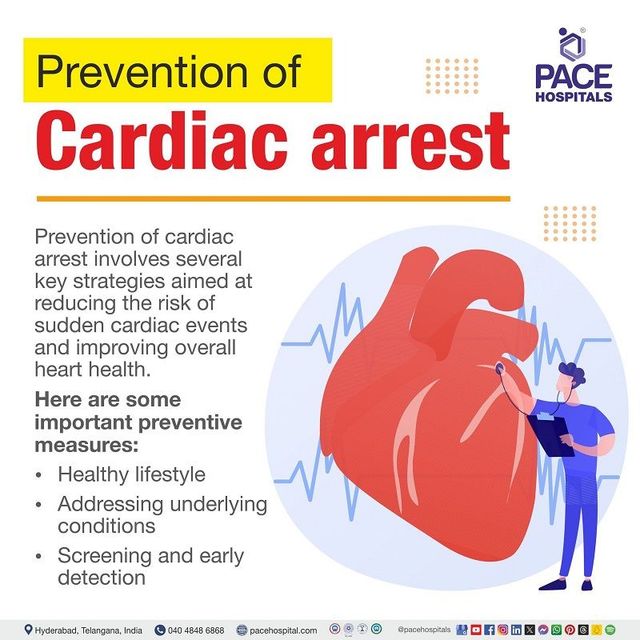Arogyajivan Medical Tourism For Oncology Things To Know Before You Get This
Some Ideas on Arogyajivan Medical Tourism For Oncology You Need To Know
Table of ContentsThe 10-Minute Rule for Arogyajivan Medical Tourism For OncologyThe Only Guide to Arogyajivan Medical Tourism For OncologyThe Arogyajivan Medical Tourism For Oncology Ideas6 Easy Facts About Arogyajivan Medical Tourism For Oncology DescribedArogyajivan Medical Tourism For Oncology Things To Know Before You Get ThisSee This Report about Arogyajivan Medical Tourism For Oncology
With its focus on minimally intrusive strategies, advanced imaging, and customised medicine, interventional cardiology is transforming the method we come close to heart health. At Atrius Heart Treatment, we are committed to giving our clients with the best of treatment, guaranteeing that they obtain the very best feasible end results on their path to heart health.Cardiovascular illness (CVDs) are the leading reason of death around the world. An estimated 17.9 million individuals died from CVDs in 2019, representing 32% of all global fatalities (ArogyaJivan Medical Tourism for Oncology). Of these fatalities, 85% were due to heart assault and stroke. Over 3 quarters of CVD fatalities occur in reduced- and middle-income countries.
One of the most typical factor for this is an accumulation of fatty down payments on the internal wall surfaces of the capillary that provide the heart or mind. Strokes can be brought on by bleeding from a capillary in the mind or from embolism. The most vital behavioral risk factors of heart problem and stroke are undesirable diet, physical lack of exercise, tobacco usage and hazardous use alcohol.
Arogyajivan Medical Tourism For Oncology - Questions
Furthermore the person may experience problem in breathing or lack of breath; nausea or vomiting or vomiting; light-headedness or fatigue; an anxiety; and turning light. Females are more most likely than men to have shortness of breath, nausea or vomiting, throwing up, and back or jaw pain. The most typical signs and symptom of a stroke is abrupt weakness of the face, arm, or leg, most frequently on one side of the body.
Individuals experiencing these signs and symptoms need to seek treatment immediately. Rheumatic heart illness is triggered by damages to the heart shutoffs and heart muscular tissue from the swelling and scarring created by rheumatic fever. Rheumatic fever is caused by an unusual action of the body to infection with streptococcal microorganisms, which usually begins as an aching throat or tonsillitis in children.
The smart Trick of Arogyajivan Medical Tourism For Oncology That Nobody is Talking About

An intense event such as a heart strike or stroke should be without delay managed. They consist of: coronary artery bypass; balloon angioplasty (where a little balloon-like device is threaded with an artery to open up the clog); shutoff repair service and substitute; heart transplantation; andartificial heart operations.
6 Simple Techniques For Arogyajivan Medical Tourism For Oncology
During the past 2 decades, significant strides have actually been made in the medical diagnosis and treatment of heart disease. Nuclear cardiology has actually played a crucial role in detecting heart illness, analyzing condition seriousness, and forecasting results.
When the arteries come to be clogged, the blood flow to the heart muscle mass is impaired and a heart attack can occur. Nuclear cardiology research studies utilize noninvasive strategies to analyze myocardial blood flow, assess the pumping function of the heart as well as picture the size and location of a heart assault.

Some Known Incorrect Statements About Arogyajivan Medical Tourism For Oncology
Radionuclide ventriculography is a noninvasive research study that supplies information concerning the pumping function of the heart. In people with coronary artery illness and in those that have had a heart strike, the assessment of the pumping feature of the heart (likewise referred to as the ejection portion) is necessary in the forecast of both lasting and temporary survival.
These methods can likewise give details regarding the function of the valves of the heart, the honesty of all the heart chambers and can be utilized to keep track of the effect of different medicines on the heart muscle mass (in clients with cancer that are treated with radiation treatment). The examination of cardiac function with radionuclide ventriculography is accurate and noninvasive and remains to play a crucial duty in forecasting end results in individuals with cardiovascular disease.
Nuclear cardiology strategies can be utilized to establish which locations of the heart muscular tissue have actually been harmed by infection or by a heart strike. These techniques can likewise be utilized to keep track of the standing of the heart muscle mass in the person after cardiac transplantation. ArogyaJivan Medical Tourism for Oncology. The heart has its very own nervous system, which is critical for the appropriate functioning of the heart muscle mass
An unusual heart price and chaos of the normal heart rhythm can manifest this problem. Imaging agents are injected right into the blood stream and after that the nerves of the heart can be imaged making use of a gamma cam. The information obtained from these noninvasive researches can be utilized in the monitoring of patients with heart problem, especially heart failing.
What Does Arogyajivan Medical Tourism For Oncology Mean?
These studies can detail the heart muscular tissue that is not obtaining ample blood flow since of the obstruction in the arteries of the heart. These researches can likewise reveal the heart muscular tissue that has actually been marked from past heart strikes, and likewise what has actually been damaged yet has the possible to recoup if website here a bypass surgical treatment or an angioplasty is done.

Cardiac treatments commonly avoid the requirement for open heart surgery while supplying better results than drug alone. Within the field of cardiology, interventional cardiology concentrates on treating structural heart troubles using catheters. Most of the operations are performed on the cardio system, which is composed of your heart, arteries, and capillaries.